The culture of ethnic minority communities is very rich and diverse. Cultural, spiritual or livelihood practices are the result of accumulation and development over many generations, closely linked to natural and social conditions in a specific area for a specific community.
Therefore, it is very suitable for the micro-environment and reasonable for the community that owns it. For example, the cultivation of rock holes or irrigation in terraced fields are the same essence as the intensive rice cultivation of the Kinh people. Although the forms of cultivation are different, they are all accumulations of long-standing experience and have a high level of civilization.
Similarly, religious practices are the same. Based on the concept that everything has a soul, mountain residents believe that every object and natural phenomenon has a certain deity. For example, the concept that forests are managed by deities and should not be cut down indiscriminately helps people manage the forests better. People also believe that all deities can influence human life at different levels, those who are good will be blessed, those who are bad will be punished with illness, death, or crop failure. Religious practices act as a spiritual support to help people overcome difficulties in life and are the foundation for social management mechanisms, moraleducation , and appropriate behavioral patterns in the family and community.
However, during the process of contact, due to differences in beliefs, cultural practices or farming methods, it can lead to misunderstandings, judgments or the assumption that ethnic culture is backward or superstitious. This should be avoided because it is clear that culture is regional and communal and differences are inevitable. These differences show cultural diversity, not cultural inferiority.
Currently, the process of migration, market economy integration, and cultural exchange is taking place very strongly. New scientific and technological factors have caused cultures to collide with each other more strongly. Culture, by its nature, is open and renews itself to adapt to natural and socio-economic conditions, and has been introducing new values, new cultural practices, and eliminating customs that are no longer suitable. Importantly, this process must be a process of self-determination of the community based on their own interests, not imposed from the outside.
Therefore, development policies and programs need to listen to the voices of the people, understand the rationale of different cultural practices from the community's perspective, and then come up with consensus solutions. Surely, then there will be active participation of the people to ensure success.
Source: https://baodaknong.vn/can-sang-suot-nhan-dien-giua-hu-tuc-va-dinh-kien-229608.html










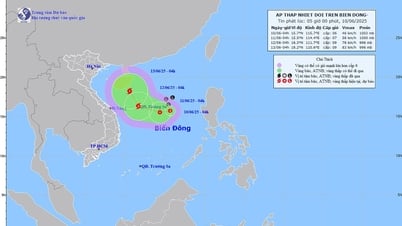
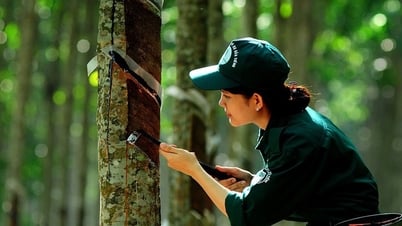

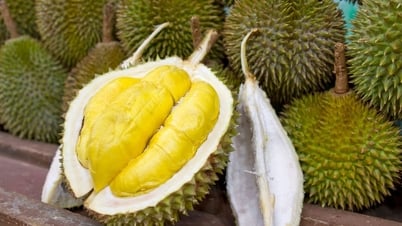





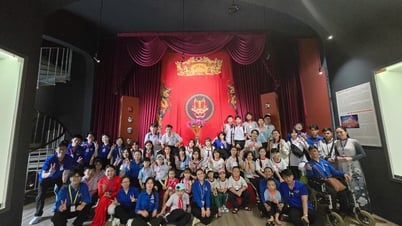


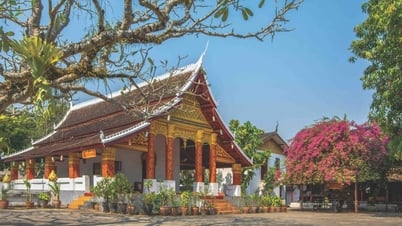

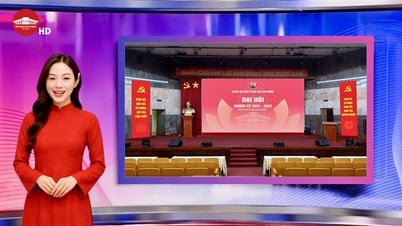

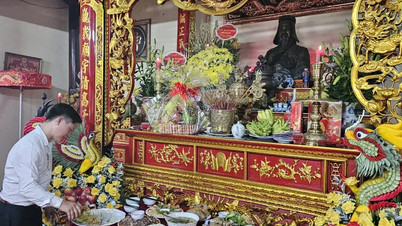



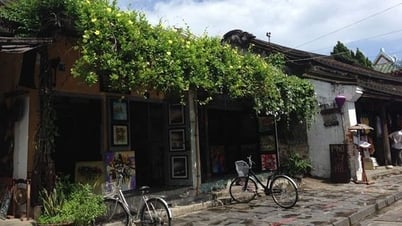



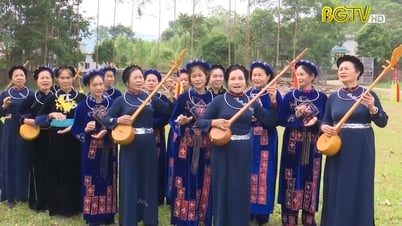

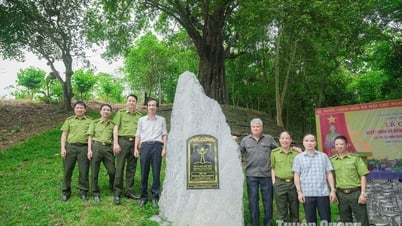



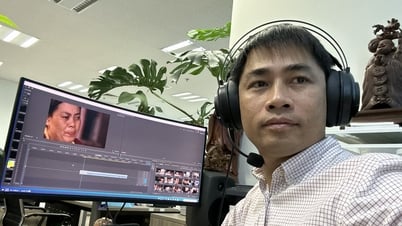

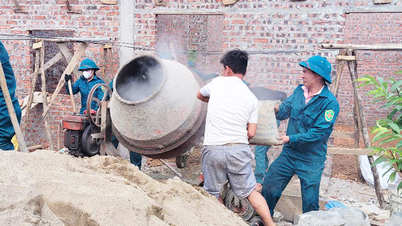

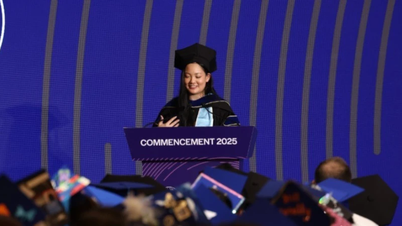


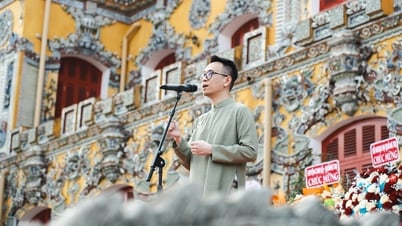






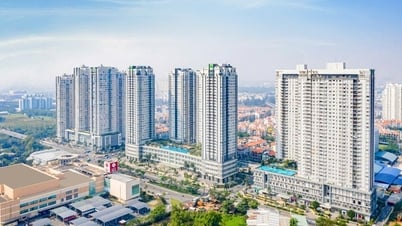
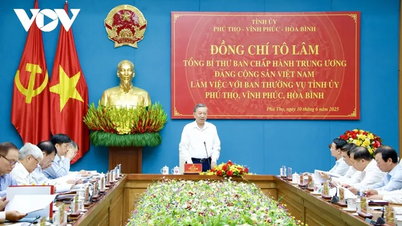

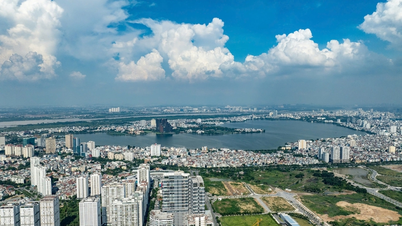


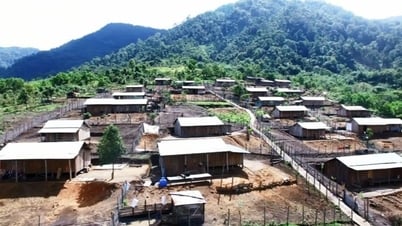
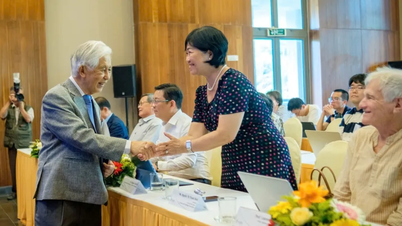
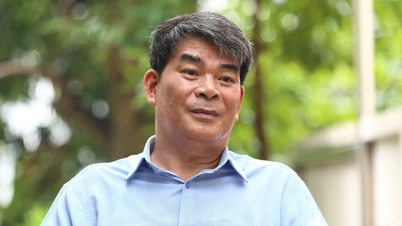
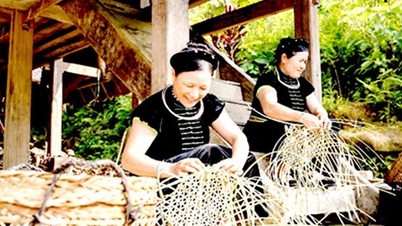



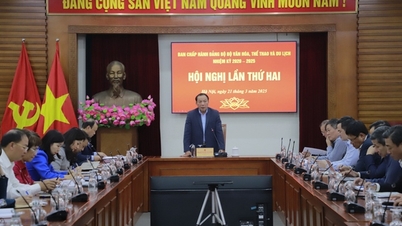
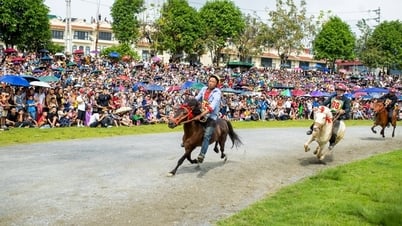

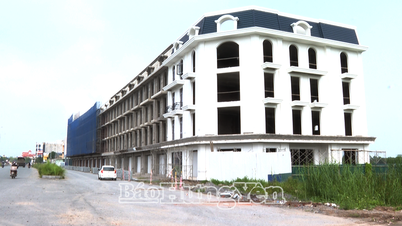



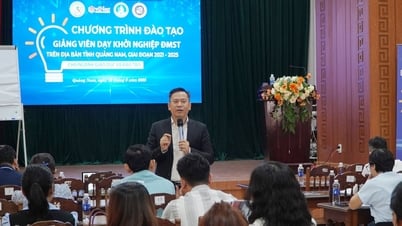



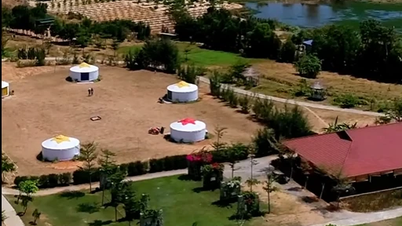


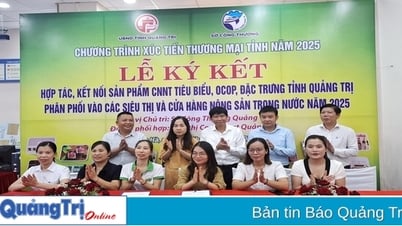

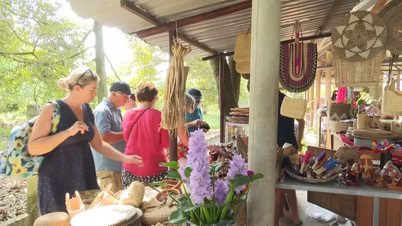



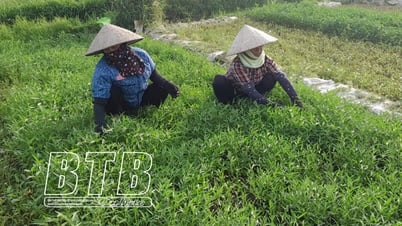
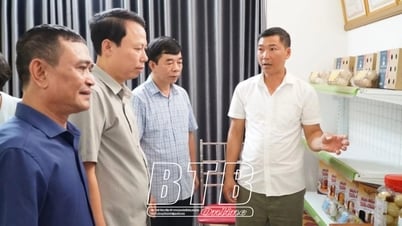
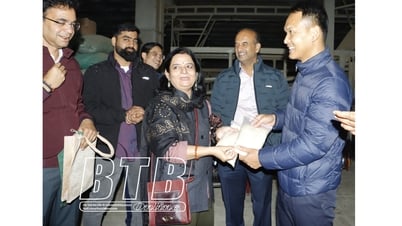
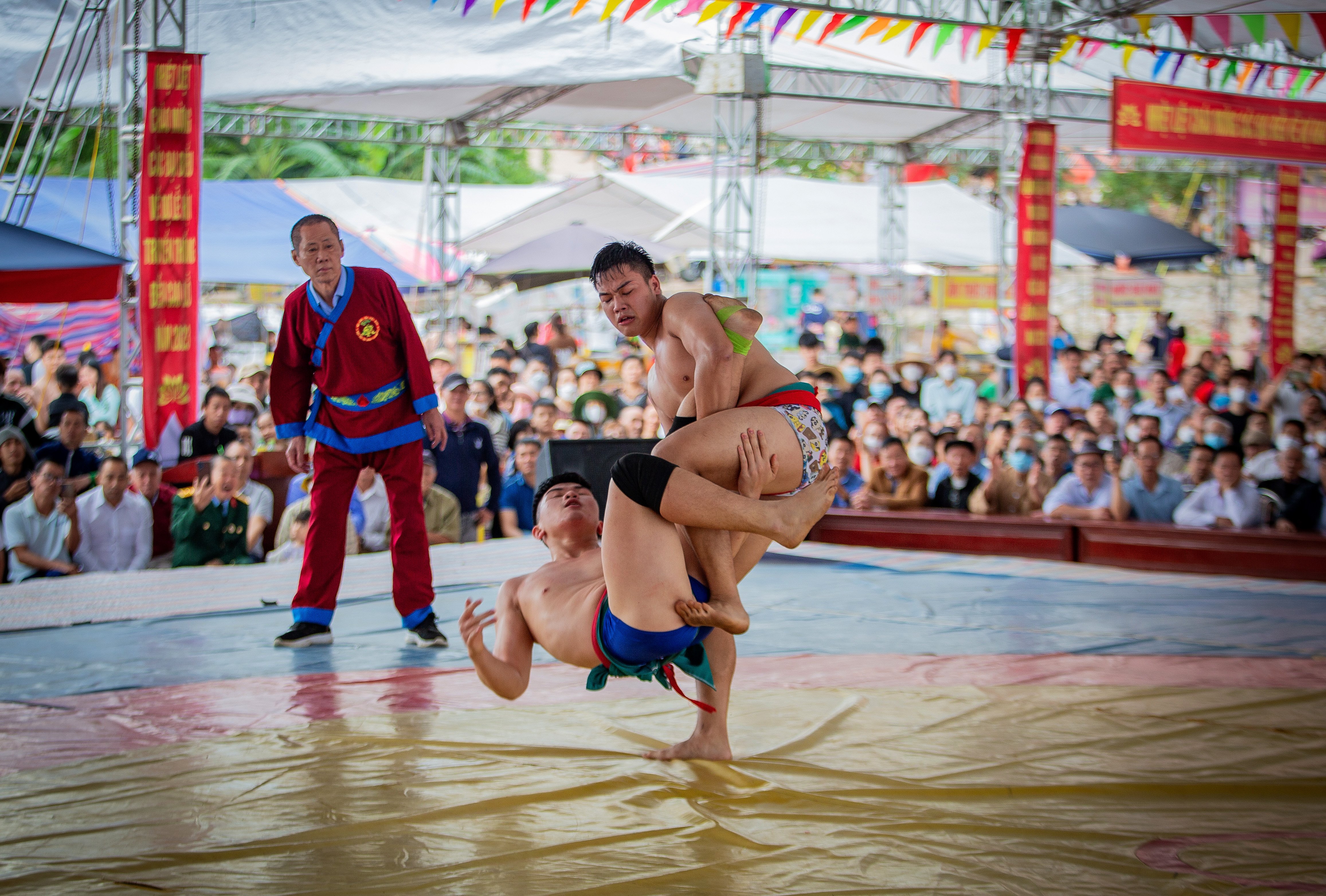

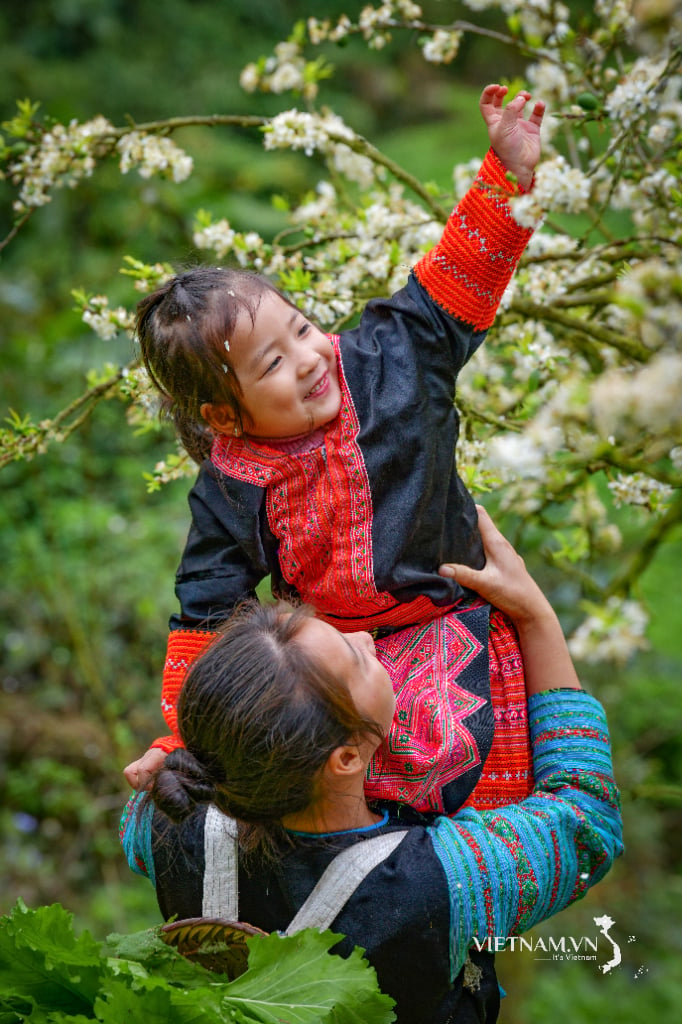
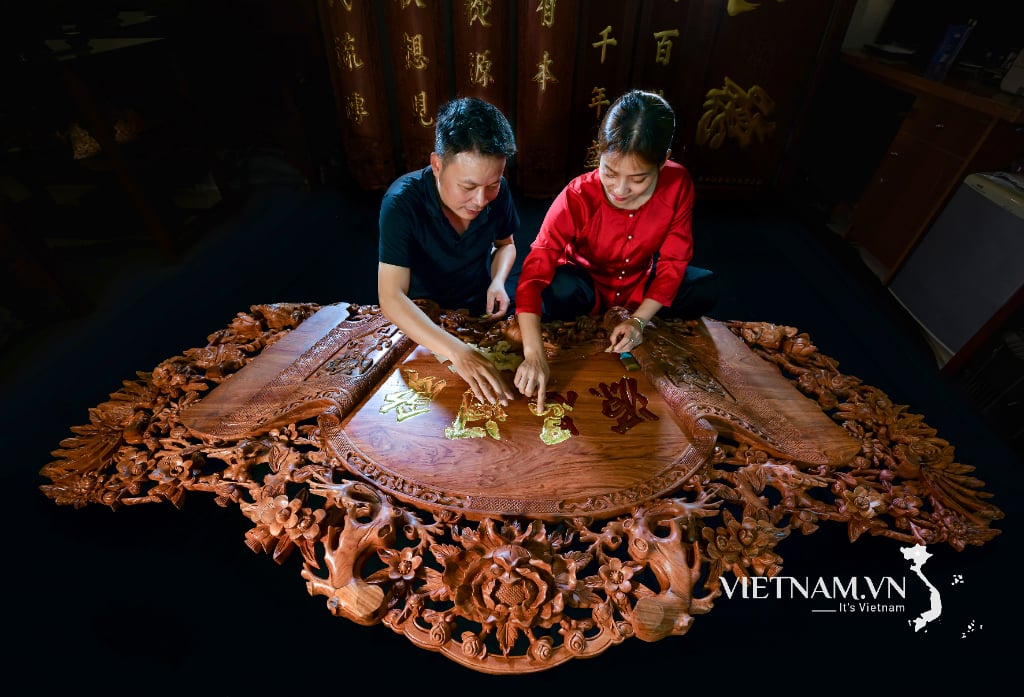
Comment (0)